ITB Hospitality Day: Tour operators have problems with individual needs
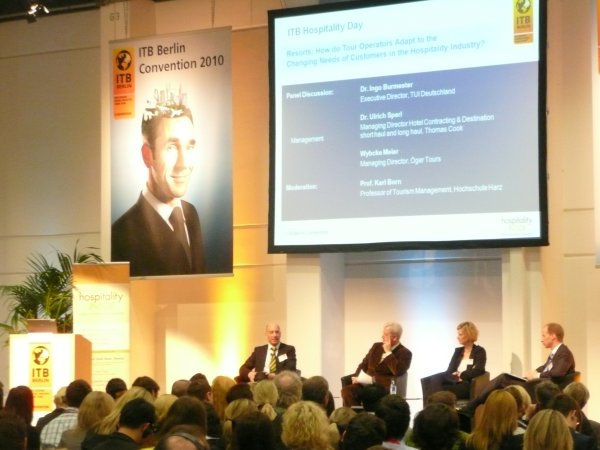 |
|
| What will the representatives of the tour operators answer? The first panel of the 5th ITB Hospitality Day in Berlin. |
Berlin (April 23, 2010). Is it possible to satisfy individual needs as a bulk tour operator? Organisers of the "ITB Hospitality Day" 2010, the fifth hotel conference of the ITB, made a real effort to accommodate focus groups, but rarely came up with consistent, authentic solutions. As host, Professor of Tourism, Karl Born, from the University of Applied Sciences (UAS) in Harz, was able to entice some statements from tour operators.
But how can the various interests of design and wellness enthusiasts, extreme climbers and romantic holidaymakers be combined into one attractive holiday package? It''s (almost) impossible, was the message between the lines. "For over ten years, expectations of quality have continuously grown," Dr Ingo Burmester said, Executive Director for TUI Deutschland, pointing to everyday challenges. And along with quality expectations, the number of travel motives has also increased. "According to travel analyses, multi-optionality is what''s required," Prof Born stressed. But how are tour operators responding with their hotel offers? "It''s wrong to make one concept per hotel," Dr Ulrich Sperl answers, Director of Hotel Contracting & Destination Management, Long and Short Haul Flights, with Thomas Cook. The focus can still only fall on segmentation within the hotel – "the rest is the mix".
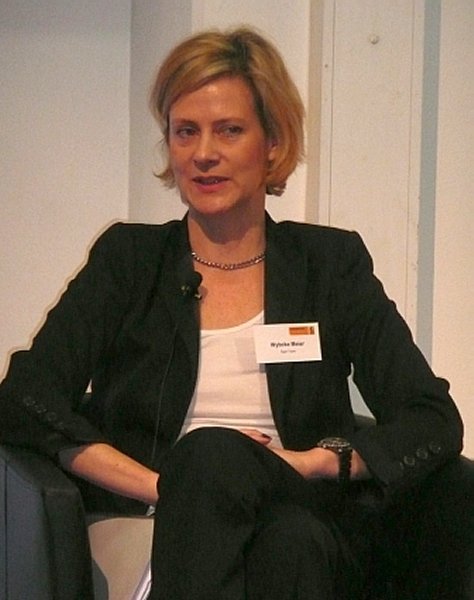 |
|
| Wybcke Meier. |
Wybcke Meier, Management Member at Oeger Tours, the travel agency specialised in Turkey, confirmed this for large resorts: "In the large resorts, we appeal to up to eight target groups," she said. "The customer is certainly not shy of large hotels." All the same, the Oeger portfolio also contains smaller resorts for more defined target groups, just like TUI and Thomas Cook.
Target group and infra-structure must fit together
Basically, tour operators steer their customers through destinations catalogues in which target-group-specific hotels (for families, divers, hikers, horse-riders etc.) are identified by way of labels. "Segmentation upwards - into luxury hotels - isn''t a problem," Meier indicated, "the difficulty comes in customer segmentation." In Meier''s opinion, hotel infra-structure as well as the infra-structure of the surrounding region must reflect the target-group-specific offers. For golfers, several attractive courses should be present locally. If the hotel offers a gourmet focus, there should be at least a small selection of fine restaurants in the surrounding region also outside the hotel. Burmester added: Diving or golf hotels with smaller target groups will continue to exist - parallel to the "larger" target groups.
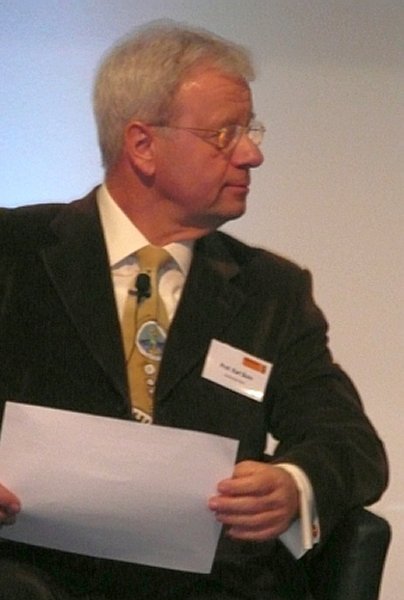 |
|
| Moderator Prof. Karl Born. |
Professor Born commented provocatively: What is now more important for tour operators – segmentation or occupancy? Ingo Burmester admitted that target group management ends at around 250 rooms. And ultimately, occupancy has priority. Where the hotelier has high occupancy, the tour operator also achieves high guest satisfaction, he added. Surveys show that guests are most satisfied with TUI''s own hotels, Burmester says. TUI achieves the highest guest satisfaction of all in the Robinson Clubs – with their clearly structured target group.
Value for money is the motor, not price alone
Born added: Is price not the better form of segmentation? "No, price brings us to a dead end," Ulrich Sperl answers. "But the customer will happily pay a higher price for a better service." And TUI colleague Ingo Burmester added: "With respect to our Sensimar brand, staff and service account equally for guest satisfaction."
The word Sensimar also encouraged the host to question the confusingly similar franchise hotel concepts of the two travel giants (TUI''s Sensimar and Thomas Cook''s Sentido) and to ask, why "foreign" (franchise) hotels can''t easily be steered towards specific target groups.
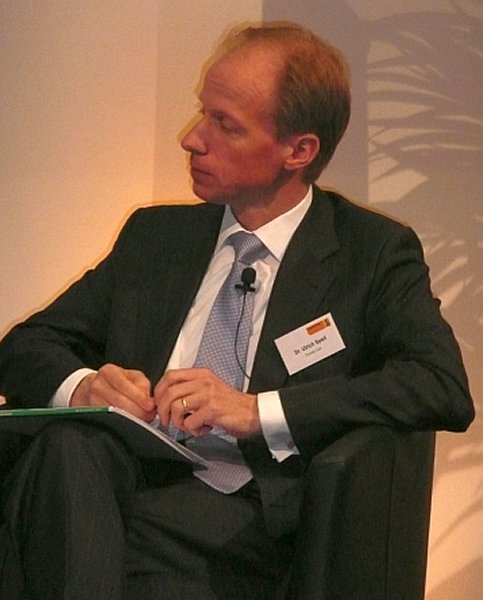 |
|
| Dr. Ulrich Sperl. |
The response from both tour operators - that they trust in "the power of the entrepreneur" and that they ensure that their own standards are complied with through thick quality manuals - was hardly convincing. Good quality and more authentic offers are obviously only in the organisers own hotels.
Online offers more comprehensive, but travel agency advice is to remain
Tour operators websites provide enough room for target group specific offers to be made to customers. According to Burmester, already half of TUI''s customers look online for offers. Nevertheless, TUI still intends to push forward with investment in training in order to improve consultancy quality at travel agents. "90 percent of bookings are still made through the travel agent," Burmester says. TUI also wants to push on with bringing online and offline services closer. The situation is similar at Thomas Cook: The aim is still to offer all-round carefree advice at the travel agents.
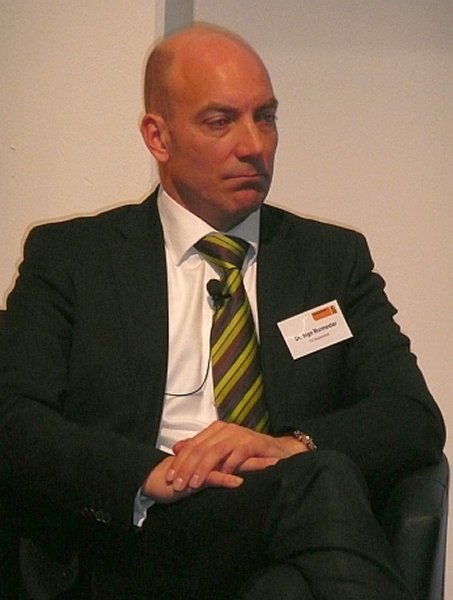 |
|
| Dr. Ingo Burmester. |
Turkey specialist, Öger, also focuses on distribution through travel agencies and provides training to its agency staff, just like the two travel giants. Not every customer knows that the "bulk operator" Oeger Tours owns five of its own hotels under the Majesty brand and has a portfolio of selected unknown and very target group orientated hotels. Marketing expenditure doesn''t stand in relation to travel sales though.
Conclusion: In the end, travel operators remain what they are: Providers to the masses. Individual building blocks and target group labels make it easier for customers to find what they''re looking for but there will always have to be compromises. / Maria Puetz-Willems
March 26, 2010 Sit down and think - ITB Hospitality Day: Innovation panel pleading a mental restart
To print this article you have to be registered and logged in for newsletter, visitor or subscription.





